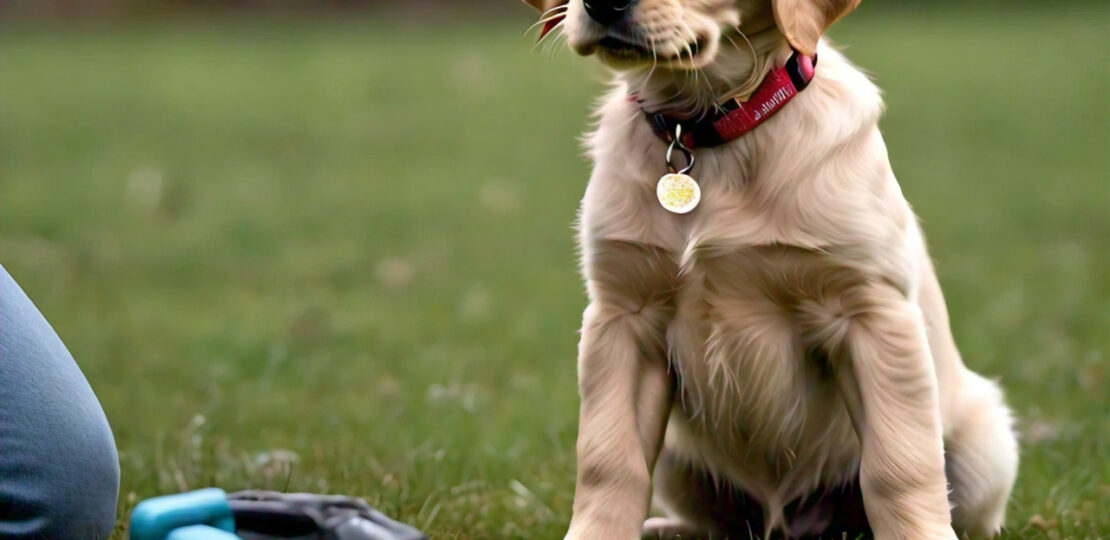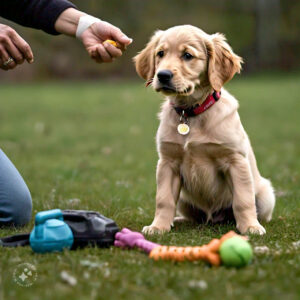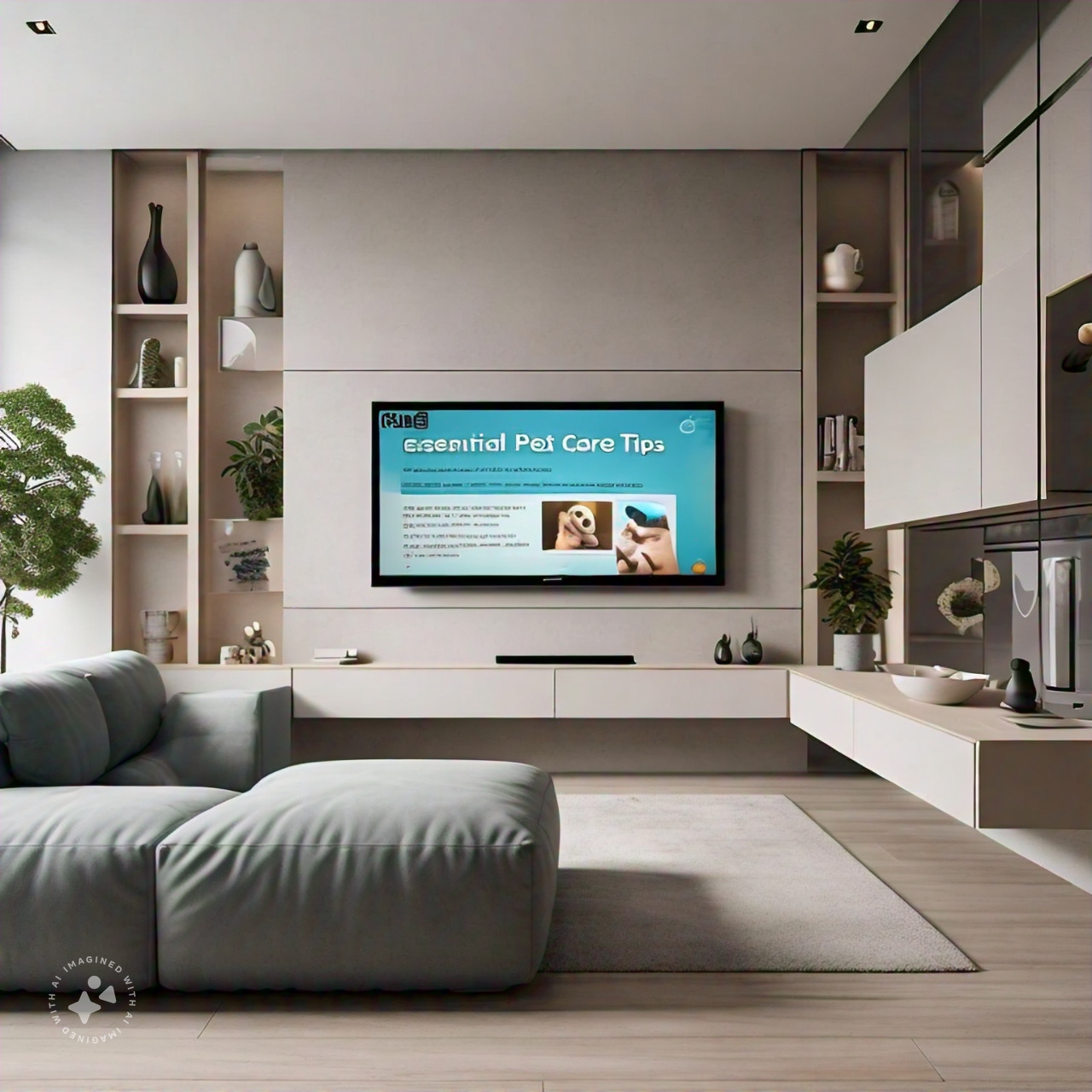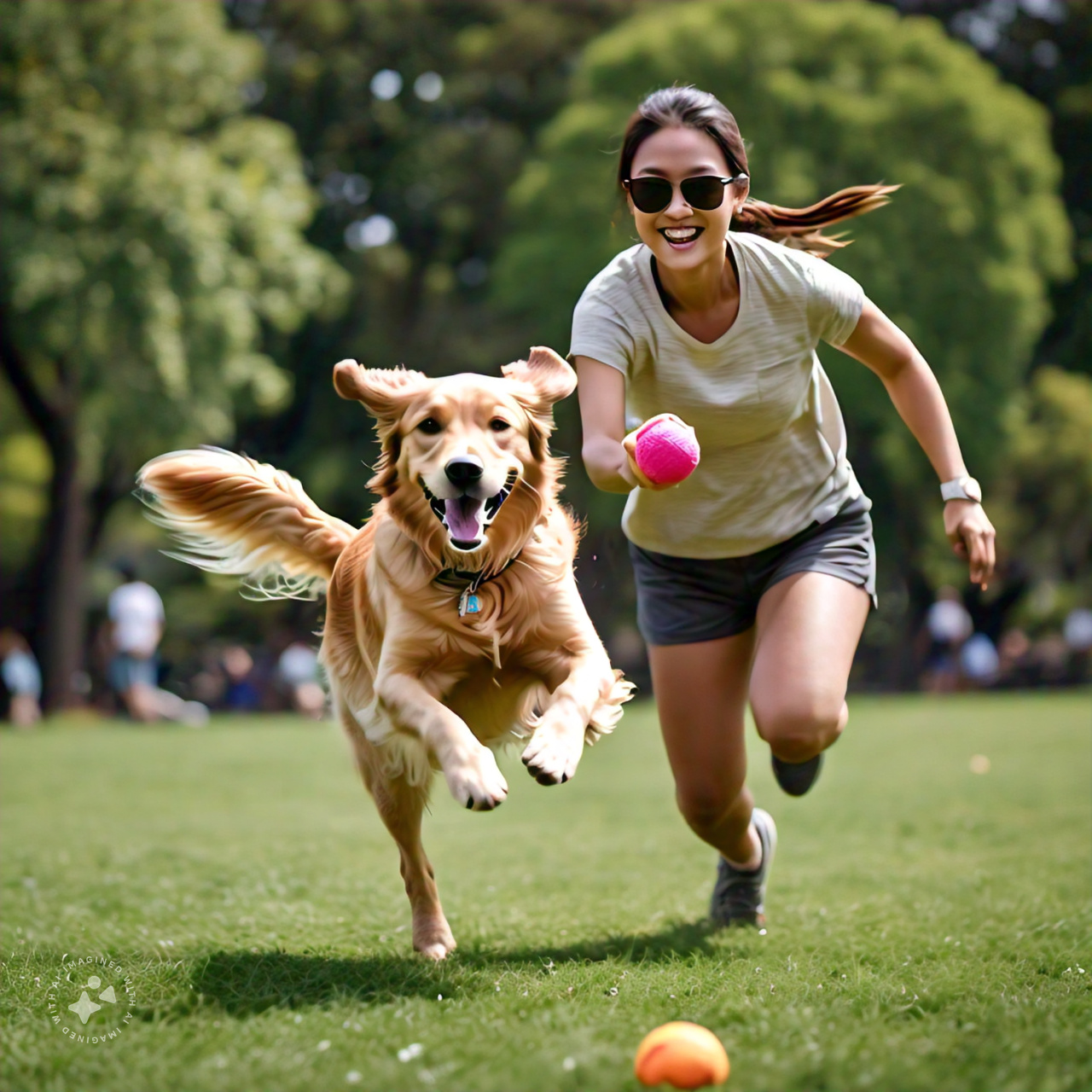Puppy Training Tips: Essential Guide for Pet Owners
November 5, 2024 | by smartsitemonetizer@gmail.com

Training a puppy can be one of the most rewarding experiences for pet owners. With the right puppy training tips, you can set your furry friend on the path to good behavior and a lifelong bond. This guide will provide effective training techniques to help your puppy adapt to its new home and prevent common behavior problems.
Why Puppy Training is Important
Training is essential to establish boundaries and strengthen the relationship between you and your puppy. Well-trained puppies tend to be happier and less anxious, as they understand what is expected of them. Moreover, training helps prevent unwanted behaviors, making your household more harmonious.
Quick Tip: Start Early
Starting training while your puppy is young is key. Puppies learn best when they’re between 8 to 16 weeks old, so make sure to begin as soon as they come home!

Basic Puppy Training Tips for Success
1. Create a Consistent Routine
Puppies thrive on routine. Set regular times for feeding, potty breaks, and playtime. This consistency helps your puppy understand when to expect certain activities, reducing stress and confusion. A structured routine is essential in puppy training tips as it fosters good habits from the start.
2. Use Positive Reinforcement
Reward-based training is one of the most effective techniques. When your puppy follows a command or behaves well, reward them with treats, praise, or playtime. Positive reinforcement makes learning fun for your puppy and strengthens their bond with you.
Tip: Avoid Punishment
Punishing your puppy can create fear and hinder learning. Instead, focus on rewarding good behavior, which will encourage them to repeat it.
3. Teach Basic Commands
Commands such as “sit,” “stay,” and “come” form the foundation of good behavior. Start with simple commands and practice them daily. Use a firm but gentle tone to guide your puppy, and celebrate each small success.
4. Socialize Your Puppy Early
Exposing your puppy to different environments, people, and other animals helps prevent anxiety and aggression. Take your puppy to dog parks, family gatherings, or puppy classes. Early socialization ensures they feel comfortable and behave appropriately in various situations.
5. Housebreaking Tips
Potty training is a priority for new puppy owners. Designate a specific spot for your puppy to go potty, and take them there frequently, especially after meals. Consistent, timely rewards for going in the right spot will reinforce this behavior.
Common Challenges and How to Overcome Them
Chewing
Puppies love to chew, but chewing on furniture or shoes can be problematic. Offer chew toys and redirect them whenever they start chewing on inappropriate objects. Praising them when they chew the right items is also helpful.
Barking
Puppies often bark for attention. Train them to be quiet by ignoring excessive barking and only responding when they’re calm. Consistency is key to managing barking effectively.
Jumping
Jumping is common as puppies seek attention. Teach your puppy to sit whenever they start to jump up on you or guests. Reward them for calm behavior, reinforcing that staying grounded gets them attention, not jumping.
Conclusion
With these puppy training tips, you’re on the right path to raising a well-behaved, happy dog. Consistency, patience, and positive reinforcement are the cornerstones of effective puppy training. Remember, every puppy learns at their own pace, so celebrate each small success along the way!
RELATED POSTS
View all


